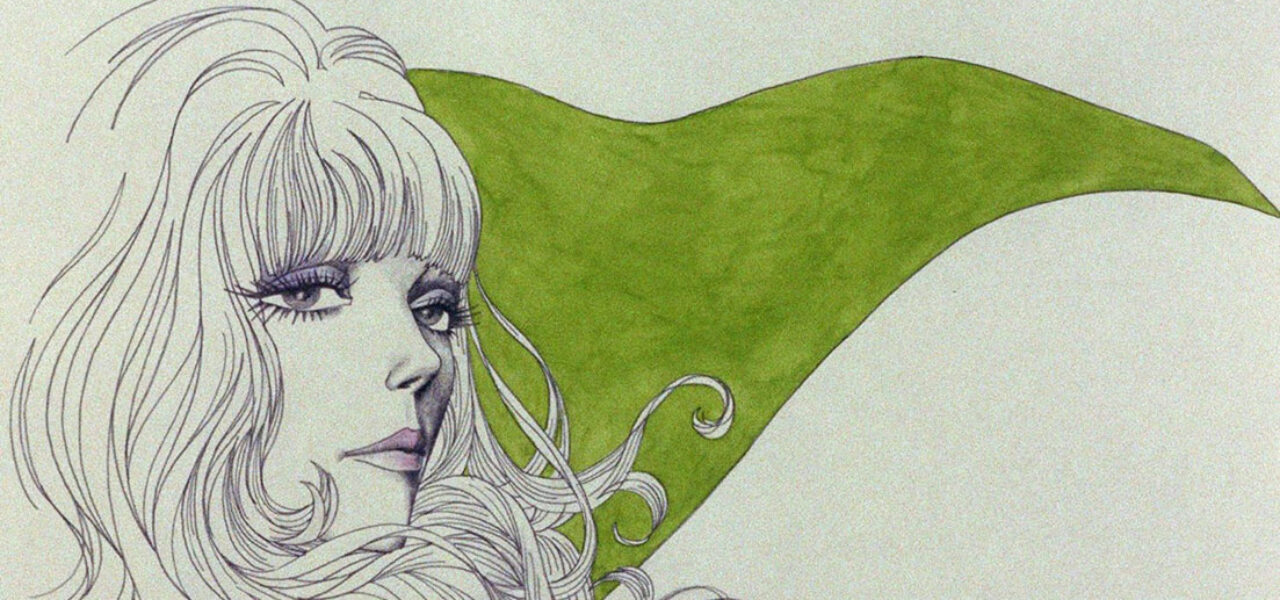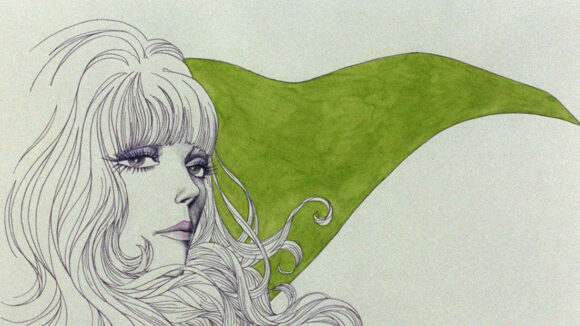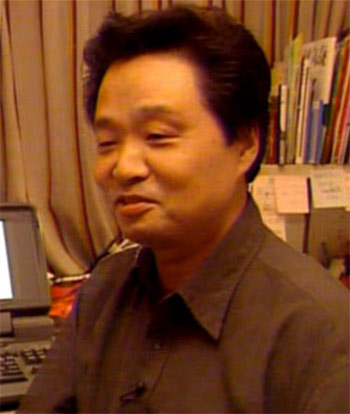

RIP Eiichi Yamamoto, Director And Key Collaborator Of Osamu Tezuka
News has broken that Eiichi Yamamoto, a pivotal player in anime history, passed away on September 7. His age has variously been given in the Japanese media as 80 and 88; going by what we know of his career, the former is more plausible.

After graduating from high school, Yamamoto plunged straight into the burgeoning anime industry. In 1958 he took a job as an animator at Otogi Pro, a leading indie studio run somewhat haphazardly by erstwhile manga artist Ryuichi Yokoyama. Two years later, he was poached by a new studio, where he would make his name: Osamu Tezuka’s Mushi Pro.
Tezuka’s studio set about developing a form of limited animation it would soon apply to tv production, laying the groundwork for the modern anime industry in the process. Yamamoto played a leading role in this experiment, co-directing the modernist mid-length film Tales of a Street Corner (1962), then serving as an episode director on the groundbreaking series Astro Boy (1963–66) and Kimba the White Lion (1965–67).
Mushi Pro’s budgets, tight to begin with, shrank further as the company fell into debt. It tried to revive its fortunes with a trilogy of erotic features: A Thousand and one Nights (1969), Cleopatra (1970), and Belladonna of Sadness (1973). Yamamoto directed them all. They failed to save the studio, but have become cult classics — particularly Belladonna, a one-of-a-kind burst of dark psychedelia so limited in its animation that one scholar described it as “inanimate animation.”
After Mushi Pro’s collapse in the early 1970s, Yamamoto worked with Tezuka’s former business manager Yoshinobu Nishizaki, writing scripts and designing the logo for popular series Space Battleship Yamato (1974–75). Then his career stalled, his credits drying up in the ensuing decades.
Yamamoto recounted his years with Tezuka in the lightly fictionalized memoir The Rise and Fall of Mushi Pro: The Youth of Ani Meita (1989, not translated in to English). He was blunt about the drawbacks of Mushi Pro’s straitened business model, calling it “dangerous.” He was also among the first to call out overwork in the anime world. His legacy, then, lies not just in his series and films, but in his willingness to speak about the industry forces that shaped them.
Among those paying tribute is Jason DeMarco, head of anime at Warner Bros. Animation and Cartoon Network Studios, who took to Twitter to praise Belladonna:
RIP Eiichi Yamamoto. Here’s what I wrote about his defining work, Belladonna of Sadness, placing it at 18 on Paste’s list of the 100 greatest anime films of all time: pic.twitter.com/NNNfPxrBki
— SPIRAL CURSE DEMARCO (@Clarknova1) September 26, 2021
Image at top: “Belladonna of Sadness”

.png)